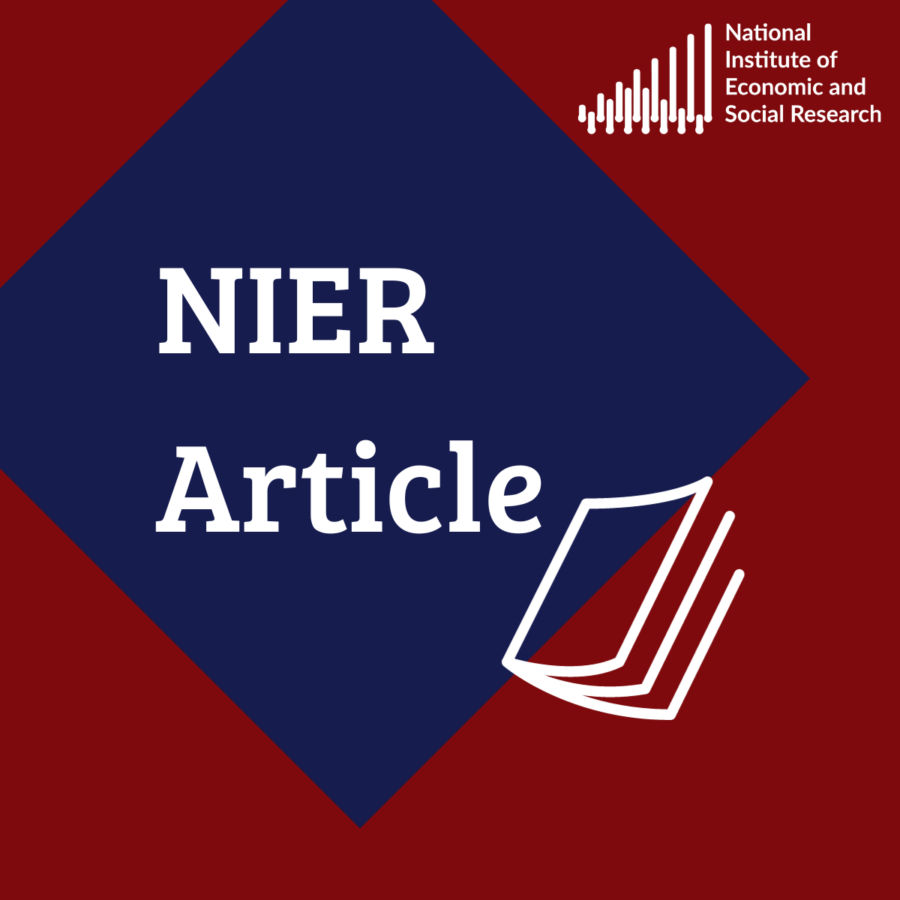- Home
- Publications
- Requiring The Long-term Unemployed To Train: Is Benefit Conditionality Effective?
Requiring the long-term unemployed to train: is benefit conditionality effective?
 Pub. Date
Pub. Date
 Pub. Type
Pub. Type

Conditionality has increasingly been part of benefit entitlement and its effects have been examined in a number of ways. While the focus of previous research has been on general conditions such as job search and acceptance of job offers, this paper examines conditionality specifically in relation to participation in training. Using data from a qualitative evaluation of a government programme, the Skills Conditionality pilot, the paper uses two hypotheses to critically assess the effectiveness of conditionality as a benefits policy: that it is successful in increasing participation in training; and that it is harmful by reducing time for job search.
A subscription may be required to access this article
Related Blog Posts

Breaking Down the Different Types of Pension in the UK
Robyn Smith
Adrian Pabst
25 Mar 2024
6 min read

What Are the Implications of the Rising National Minimum Wage and National Living Wage Rates?
Ekaterina Aleynikova
Adrian Pabst
19 Mar 2024
5 min read


How Changes in Migration Policy Could Boost Scotland’s Economy
Max Mosley
Ekaterina Aleynikova
18 Dec 2023
3 min read
Related Projects
Related News


Press Release: Compositional effects push up average weekly earnings at the end of 2020
26 Jan 2021
2 min read
Press Release: 2020 shaping up to be the worst year for total pay growth since 2009
15 Dec 2020
2 min read
Related Publications

Pay-Setting Among Employers in the Agriculture, Cleaning, Hospitality and Retail Sectors
11 Mar 2024
Research Report

Job Boom or Job Bust? The Effect of the Pandemic on Actual and Measured Job and Employment Growth
07 Feb 2024
UK Economic Outlook Box Analysis

Adam Smith and the Bankers: Retrospect and Prospect
04 Jan 2024
National Institute Economic Review

On the Promises and Perils of Smithian Growth: From the Pin Factory to AI
04 Jan 2024
National Institute Economic Review
Related events

Improving the Recruitment of Older Workers






